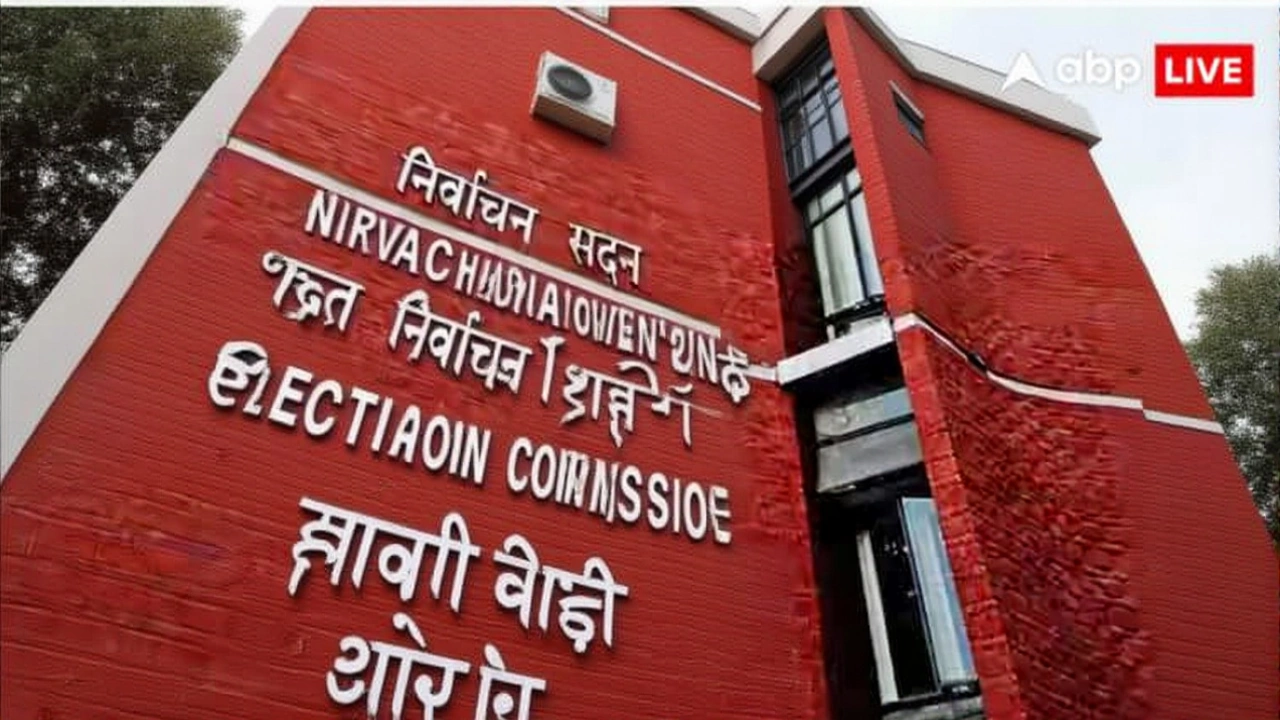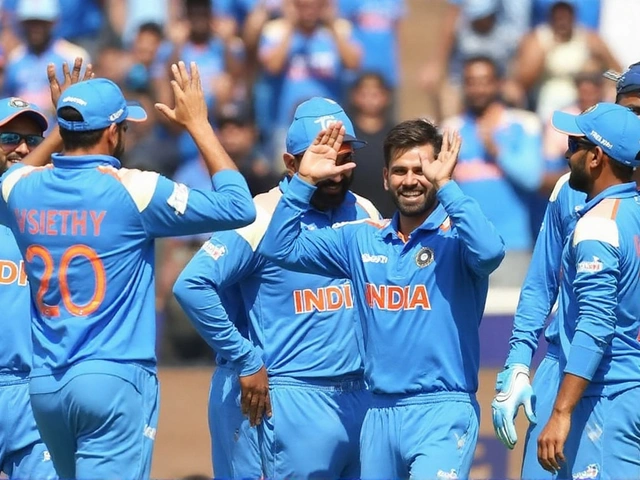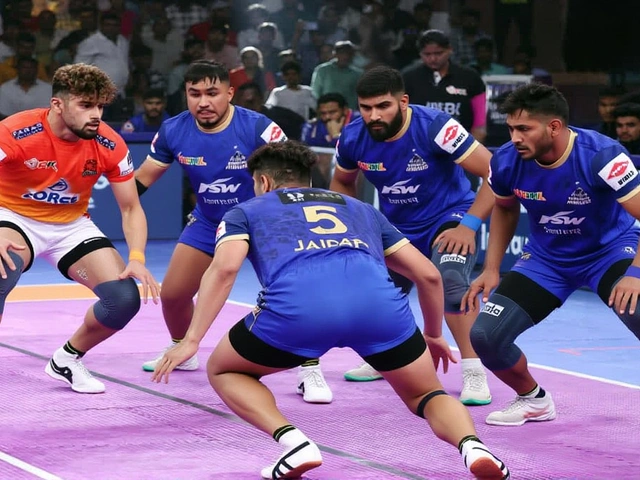The Telangana State Election Commission has launched a high-stakes, time-sensitive overhaul of the state’s voter rolls ahead of the Second Ordinary Gram Panchayat ElectionsTelangana, scheduled for September 29, 2025. On November 19, 2025, I Rani Kumudini IAS, State Election Commissioner, issued a detailed schedule mandating corrections to voter lists across all 33 districts — a move triggered by massive administrative reorganization and troubling glitches in the state’s digital polling system, Te-Poll.
Why the Voter List Is Being Rewritten
It’s not every day that a state scrapes an entire voter database and starts over. But Telangana is doing exactly that. The last official list, published in January 2025, recorded 3.35 crore voters — 1.66 crore men, 1.68 crore women, and 2,829 third-gender voters. Sounds solid? Not anymore. Since then, 71 Gram Panchayats were absorbed into the Greater Hyderabad Municipal Corporation and other urban bodies. Entire villages changed jurisdiction. New mandals were carved out. The number of mandals dropped from 565 to 564, forcing a complete redraw of Mandal Parishad Territorial Constituencies and Zilla Parishad Territorial Constituencies.On top of that, the Te-Poll software — meant to streamline voter data — kept failing. Some voters disappeared from their wards. Others were duplicated. Families were split across different polling stations. "We can’t have a grandmother voting in one ward and her grandson in another," said a senior TSEC official on condition of anonymity. "That’s not just an error — it’s a systemic failure."
The New Timeline: A Race Against the Clock
The revised schedule is tight, precise, and unforgiving:- November 20, 2025: Voters can submit personal applications to correct ward mappings — no address changes allowed, only administrative realignments.
- November 22, 2025: District Panchayat Officers must resolve all objections and discrepancies raised during the previous two days.
- November 23, 2025: Final photo voter lists are republished. Polling station maps are updated to reflect new voter counts.
By noon on the 23rd, every district must send a designated officer with a laptop loaded with updated data to the TSEC headquarters in Hyderabad. The data will be manually synced into Te-Poll, replacing the flawed version uploaded earlier this year via MPDO logins. This time, only Panchayat Secretaries — the frontline workers in every village — will have upload authority.
The eligibility cutoff? July 1, 2025. Anyone who turned 18 by then gets added. Deceased voters? Deleted. Names flagged by family members? Verified and corrected. The process is being treated like a census — meticulous, door-to-door, and auditable.
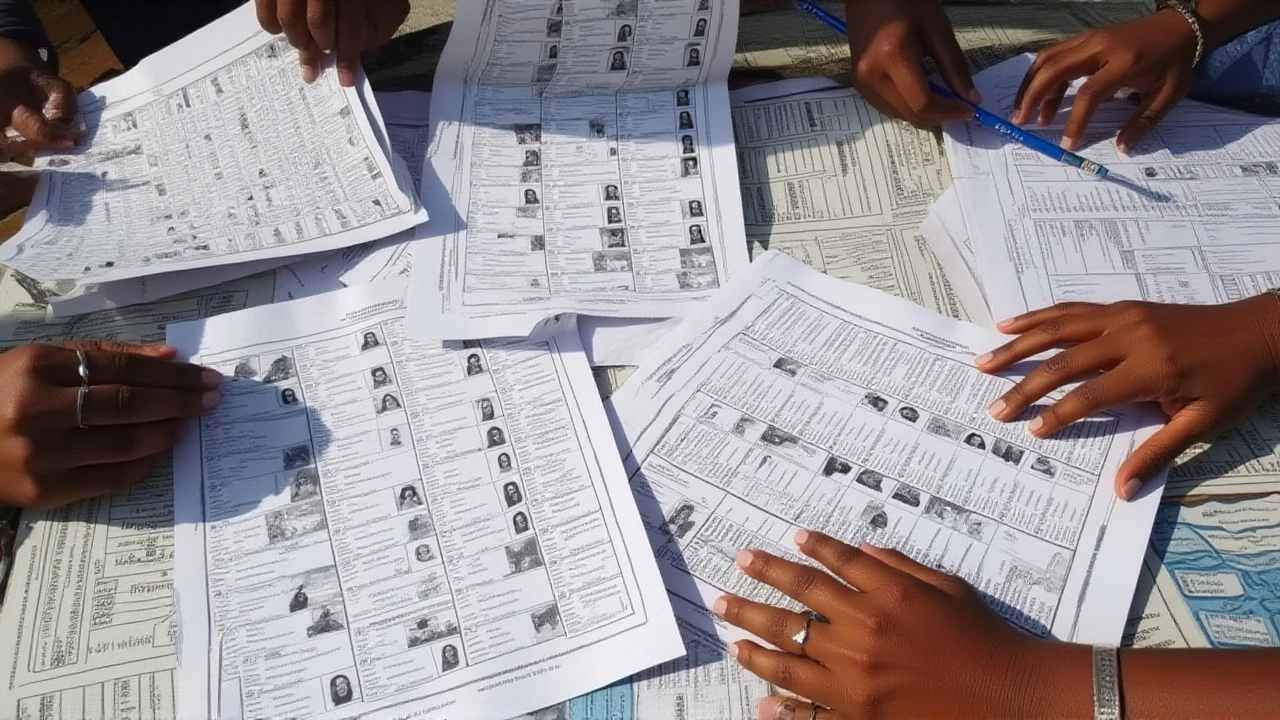
Why This Matters Beyond the Ballot Box
This isn’t just about cleaning up a database. It’s about trust. In 2021, Telangana’s last Gram Panchayat elections saw complaints of voter suppression and misallocation of seats in newly merged areas. This time, the TSEC is determined to avoid repeat failures. The commission is cross-checking every ward boundary against revenue records, land surveys, and even mobile tower locations to ensure no community is accidentally disenfranchised."The people don’t care about software bugs," said Dr. Prakash Reddy, a political scientist at Osmania University. "They care whether their vote counts. If a woman in Nalgonda can’t vote because her ward was reassigned without notice, that’s not a technical glitch — it’s a democratic breach."
What’s Next? The Bigger Picture
The upcoming elections will be the first major test of Telangana’s post-bifurcation local governance structure. With urban expansion swallowing rural areas, the lines between Gram Panchayats and municipalities are blurring. The TSEC’s actions now set a precedent for how future elections will handle urban-rural transitions across India.Already, neighboring states like Andhra Pradesh and Maharashtra are watching closely. If Telangana pulls off a clean, transparent revision under such tight deadlines, it could become a national model. If it fails? The fallout could delay elections, trigger legal challenges, and deepen distrust in local democracy.
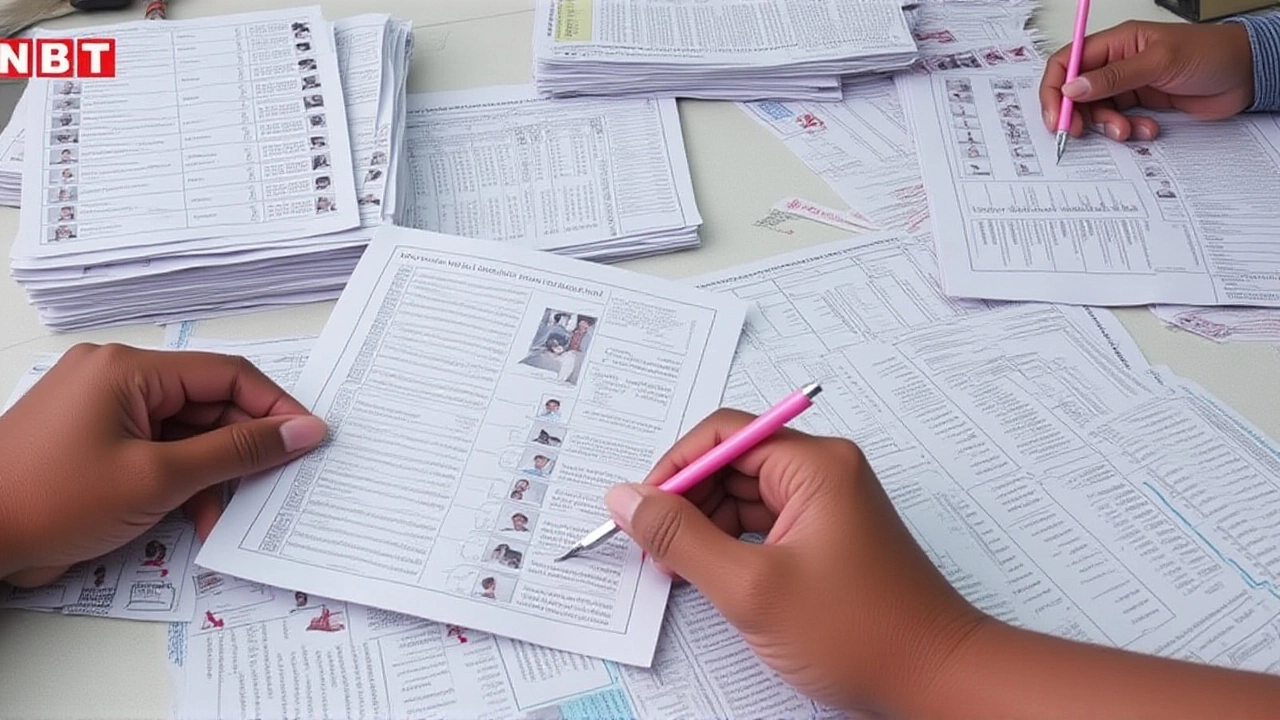
Background: A History of Electoral Revisions
The last full voter list revision in Telangana occurred in 2024, ahead of the First Ordinary Gram Panchayat Elections. That process, conducted between October and December 2024, was relatively smooth. But the state’s rapid urbanization since then — including the creation of 17 new mandals and the merger of 71 Gram Panchayats into GHMC — has rendered that list obsolete.The Election Commission of India’s July 1, 2025, Assembly voter list is the foundation for this update. The TSEC is using it as the anchor, not the starting point. That means every correction must align with the national roll — a rare level of coordination between state and central electoral bodies.
Historically, Gram Panchayat elections in Telangana were held in 2021, as per ECI notification dated April 1, 2021. But the 2025 elections are the first under a new legal framework that mandates stricter data integrity standards — and the TSEC is taking that seriously.
Frequently Asked Questions
How does the voter list revision affect rural voters in Telangana?
Voters in areas affected by the merger of 71 Gram Panchayats into GHMC and other urban bodies may find their polling stations moved or their wards reclassified. The TSEC is ensuring that no voter loses eligibility — but they must confirm their updated ward through the November 20–23 revision window. Those who miss the deadline risk being left out of the final roll.
Why was the Te-Poll software replaced mid-process?
The Te-Poll app, originally integrated via MPDO accounts, suffered from data sync failures, duplicate entries, and missing voter records — especially in newly merged regions. The TSEC found that over 12,000 voters were incorrectly mapped across wards. To prevent legal challenges and ensure accuracy, the entire list was wiped and rebuilt under Panchayat Secretary logins, which allow for granular, village-level verification.
Who is responsible for verifying voter data at the village level?
Panchayat Secretaries — the administrative heads of each Gram Panchayat — are now solely responsible for verifying and uploading voter data. They must cross-check names against ration cards, Aadhaar records, and death certificates. This shift from MPDO-level to local-level control reduces bureaucratic delays and increases accountability.
What happens if a voter’s name is missing from the final list?
Voters can file a complaint with their District Panchayat Officer by October 15, 2025, for inclusion in a supplementary roll. But after November 23, no further additions will be accepted. The TSEC has set up helplines and mobile camps in 150 high-risk villages to assist elderly and illiterate voters — a direct response to 2021’s exclusion complaints.
How are third-gender voters being protected in this revision?
The TSEC has instructed all districts to flag third-gender voters separately and ensure their ward assignments are not altered without explicit consent. Of the 2,829 third-gender voters recorded in January 2025, none will be removed without verification through local NGOs and community liaisons. This is a first for Telangana’s local elections.
Will the revised voter list affect the election date?
No. The September 29, 2025, election date remains fixed. The TSEC is working backward from that deadline, with the November 23, 2025, revision deadline chosen specifically to allow 10 weeks for printing, distribution, and public awareness campaigns. Delays in this phase would jeopardize the entire electoral calendar.
